Market Share
Maritime decarbonization Market Share Analysis
In the rapidly evolving landscape of maritime decarbonization, market share positioning strategies play a pivotal role in determining the success and sustainability of businesses within this sector. As the maritime industry grapples with the urgent need to reduce carbon emissions, companies are adopting various strategic approaches to carve out their niche and gain a competitive edge.
One prevalent strategy is technological innovation and the development of eco-friendly solutions. Companies invest heavily in research and development to create sustainable technologies such as alternative fuels, energy-efficient propulsion systems, and advanced vessel designs. By being at the forefront of innovation, businesses can position themselves as leaders in the market, attracting environmentally conscious customers and gaining a competitive advantage.
Collaboration and partnerships are another key component of market share positioning in the maritime decarbonization sector. Given the complex nature of this industry, companies often form alliances with other stakeholders, including shipbuilders, fuel suppliers, and regulatory bodies. By building strong partnerships, companies can leverage shared expertise, resources, and networks to accelerate the adoption of sustainable practices, ultimately solidifying their position in the market.
Regulatory compliance is a critical factor influencing market share positioning in the maritime decarbonization market. As global regulations tighten to curb emissions, companies that proactively align their operations with these standards gain a favorable position. By exceeding compliance requirements and demonstrating a commitment to environmental stewardship, businesses can build trust with customers and regulators, thereby securing a larger market share.
Cost competitiveness is an ever-present consideration in any industry, and the maritime decarbonization market is no exception. Companies that can offer cost-effective solutions without compromising on environmental standards are well-positioned to capture a significant market share. Achieving economies of scale through efficient production processes and strategic sourcing of materials can enable companies to offer competitive pricing, attracting a broader customer base.
Education and awareness campaigns also play a crucial role in market share positioning. With increased emphasis on sustainable practices, companies are investing in educating both industry stakeholders and the general public about the benefits of maritime decarbonization. By positioning themselves as advocates for environmental responsibility, businesses not only enhance their brand image but also contribute to shaping a market where sustainable practices are prioritized.
Customer engagement and responsiveness are vital aspects of market share positioning in the maritime decarbonization sector. Companies that actively engage with customers, understand their needs, and tailor solutions to meet specific requirements are more likely to build lasting relationships. Offering excellent customer service and promptly addressing concerns fosters customer loyalty, paving the way for a larger market share.
The market share positioning strategies of companies in the maritime decarbonization market are multifaceted, encompassing technological innovation, collaboration, regulatory compliance, cost competitiveness, education, and customer engagement. As the industry continues to evolve, businesses that successfully navigate and integrate these strategies into their operations will not only contribute to a sustainable future but also thrive in a competitive market environment.


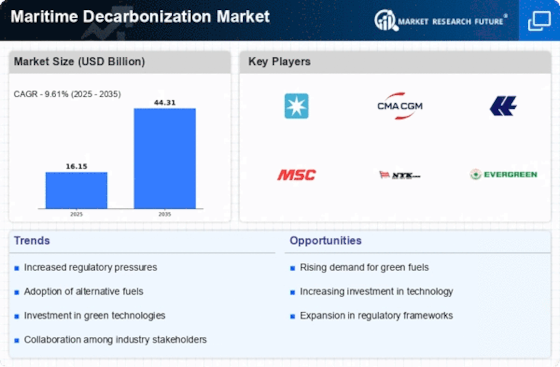
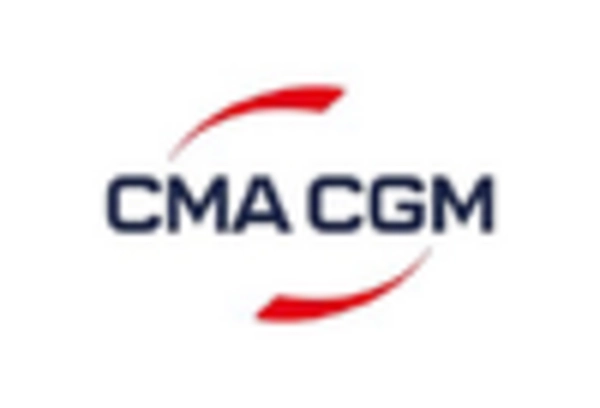
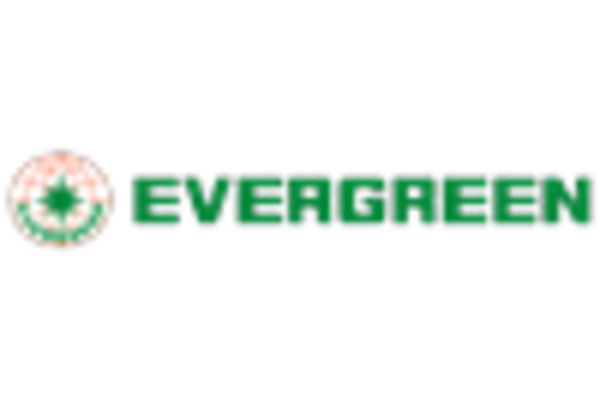
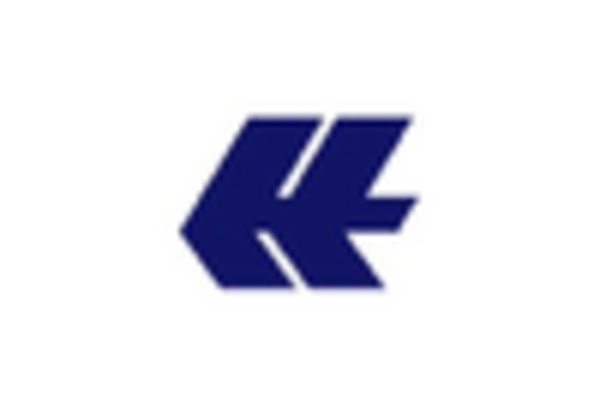
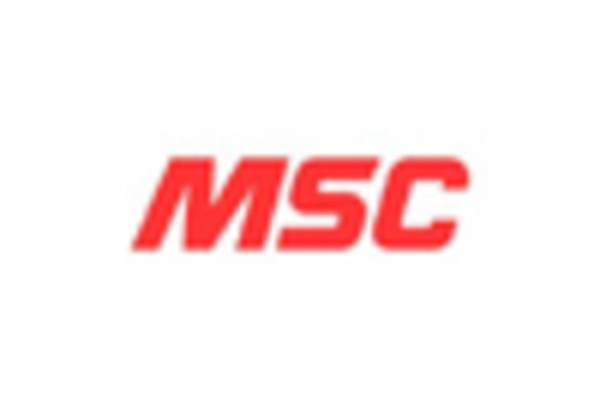

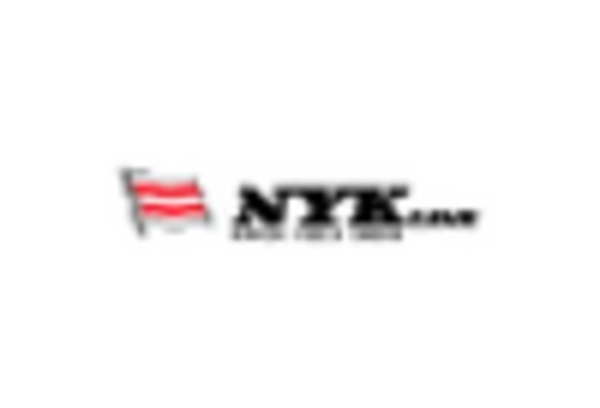









Leave a Comment